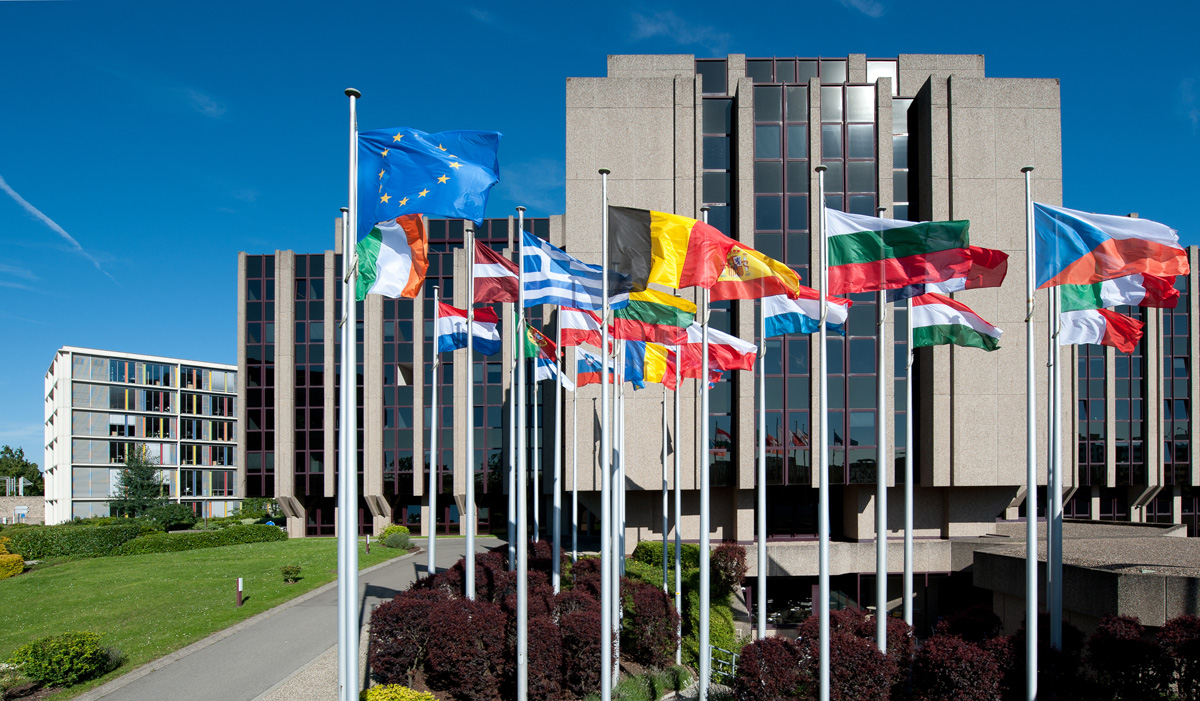The European Court of Auditors published a report on 16 June 2020 examining the effectiveness of the European bodies managing expenditure on transport infrastructure and analysing the progress of eight major European projects, including the Lyon-Turin tunnel.
The public promoter clarifies the issues raised in the report.
TELT, the public promoter appointed by the French and Italian governments to complete the construction and operation of the Lyon-Turin cross-border section, was established following the Paris agreement of 24 February 2015. The constitution of a binational project owner was the culmination of a long process of consultations involving the public, politicians and socioeconomic stakeholders, punctuated by the international agreement signed by the two states in 2015 and the French decree declaring the tunnel a public utility on 18 December 2007, the effects of which were extended by the decree of 6 December 2017.
As stated by the lead author of the European Court of Auditors’ report, Oskar Herics, “more effort is needed to accelerate the completion of the infrastructure projects”. It is true that the construction of the Lyon-Turin tunnel has had to overcome a considerable number of difficulties, including repeated attempts by opponents to block the progress of the work. This has led to significant delay.
Certified cost: the analysis is based on a preliminary study from the 1990s
At the beginning of the year, the states and the INEA (Innovation and Networks Executive Agency, which manages EU transport, energy and telecommunications programmes) agreed an update to the construction plan for the tunnel, maintaining the 2030 completion date. At the request of the states, the final cost of the cross-border section was submitted to a certification study conducted by an external third party (Tractebel/TUC Rail), which analysed the 2015 reference design. The report’s conclusions led to a certified cost for the tunnel of 8.3 billion euros at 2012 prices. This cost, approved and ratified by the states, is now fully confirmed. The rise in costs (+85%) mentioned in the European Court of Auditors report refers to a previous preliminary study, prior to the chosen design, produced by Alpetunnel in the 1990s. This preliminary design was for a base tunnel with a single tube, a type of structure that is now prohibited for safety reasons. Since the adoption of the design in its current form, similar to the Brenner and Gothard base tunnels and to all other long-distance railway tunnels, the costs have been perfectly respected subject to the monetary adjustments stipulated by the CIPE.
The current tunnel dates from the 19th century and is no longer suitable, as underlined in the report
Freight trade between the two transalpine countries currently amounts to 80 billion euros and represents 44 million tonnes a year. This freight is mostly transported by road – 92%, compared with 8% by rail. This is due primarily to the obsolescence of the historic line, with the cross-border tunnel dating from 1870 no longer meeting current safety standards, as the European Court of Auditors report underlines. The excessive slopes and the need to break bulk are obstacles for economic operators who prefer road transport to rail. In 2018, over three million heavy goods vehicles passed through the transalpine routes.
Green Deal: Lyon-Turin contributes to modal rebalancing
The construction of the new infrastructure promoted by the states and the European Union aims to rebalance the modes of freight transport through the Alps, which is a perfect fit for Europe’s policies in favour of greener, more competitive transport, as Mario Virano, TELT General Director, emphasises:
Lyon-Turin integrates fully with the Green Deal as a contributor to modal rebalancing and an essential tool for greener policy.
The European Union’s funding for the project is governed by a Grant Agreement under the Connecting Europe Facility. This programme, agreed by the states and INEA, provides an initial tranche of construction funding of 814 million euros, of the 1.915 billion euros to be committed by 2022.
As of June 2020, over 2.8 billion euros has been committed for the tunnel’s construction, including 1.4 billion already spent on studies and reconnaissance work.
Procedures are currently in progress to award three billion euros of tenders for the work on the base tunnel, including three lots in France worth 2.3 billion euros for the construction of the base tunnel at three sites between Saint-Jean-de-Maurienne and the Italian border. A call for tender is also under way for one lot of tunnel construction in Italy worth one billion euros.



